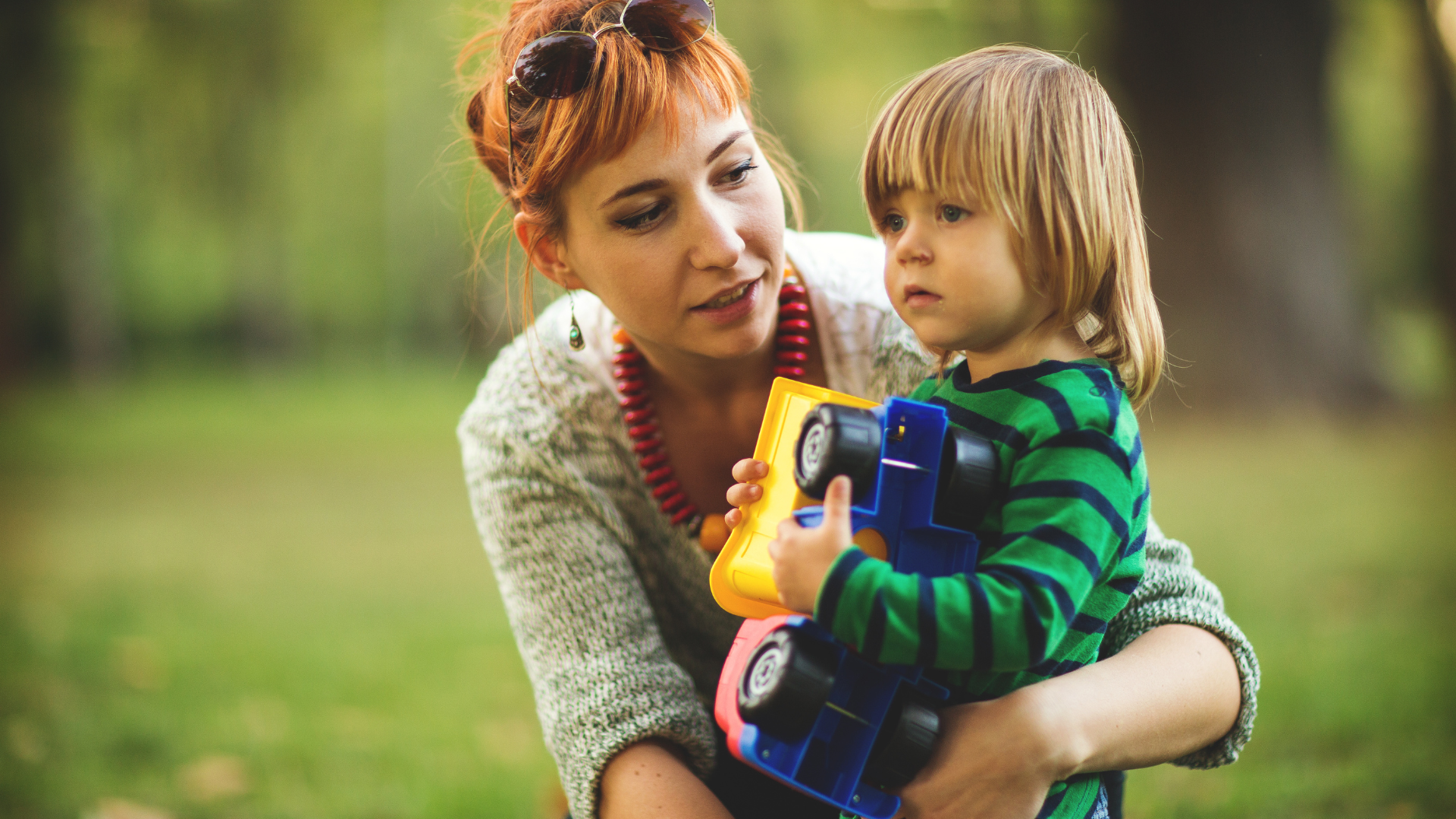
The positive and negative effects of growing up in a single-parent home are wide-ranging and lifelong. Whether we want to admit it or not, the instability of a non-paying house or one parent being absent for days, weeks, or months at a time can have a lasting effect on a child. This is especially true for children of divorced families, who often witness their parents fighting and arguing. Some kids may also witness a slow breakdown of their parent’s relationship, which can be a devastating experience for a child. Even if a child’s parents remain together, the stress and anxiety of seeing one parent leave another can cause them to feel orphaned and lack stability.
Being Single Parents: What Are The Effects On Children?
Single parents face many challenges. Raising children alone can be difficult and, at the same time, a rewarding challenge. But being a single parent can also be stressful and take a toll on the entire family. Children of single parents face a difficult time as well. The strain this can put on a family can lead to problems in the children as they grow up.
It is tough being the child of a single parent. The parents fight a lot and don’t always love their children the same. The environment is not always the safest, can lack proper funds, and there may be limited discipline in the home. Some of these factors can be alleviated if the parents are stable in their relationship, which introduces the idea that children have a better chance of success if their parents are together. However, children raised by single mothers face different obstacles than children raised by single fathers.
Although single parenthood is generally associated with negative social effects, there are also positive benefits. Children in single-parent families have higher rates of involvement in extracurricular activities and do better in school.
The effects single parents have on children vary. Some children fare well due to the stability that a single parent can provide, while others may experience behavioral problems due to the instability. Studies show that children raised by single parents are twice as likely to drop out of high school and four times more likely to end up in prison.
In adulthood, some children who were separated from their parents and grew up not knowing them may embark on a quest to find them. They often turn to the services of a private investigator, such as those working at Bond Rees (visit the website here at bondrees.com). They probably take such extreme measures because they are driven by the desire to learn about their missing parent.
Keep in mind, a child’s welfare is your responsibility if you’re a single parent. In order to do the best job possible for your child, it is important to be aware of any potential effects of single parenting on a child. The effects can be positive and negative, like in any family environment. Knowing the effects can help you determine how to parent your child to best support their physical and emotional development.
Single parents have a lot on their plates, and they are sometimes unable to dedicate their attention to their children, especially on days when they are caught up with work-related tasks. They, however, find solutions to the issue by hiring babysitters or having their kids dropped off at a childcare Sherwood Park, or one closer to them.
But the time that they do get, they spend most of it focusing on their children. As a result, many single parents often neglect their health as they take on the roles of parents, financial providers, cooks, and cleaners. This can result in single parents missing out on opportunities to care for themselves, such as eating right and not exercising.
Children of single parents face many challenges, both in and out of the home. World statistics show that a child born to a single parent is twice as likely to live in poverty as a child of another family and three times more likely to experience food insecurity. Although there are many immediate challenges, including lack of affordable housing, lack of food security, lack of healthcare, lack of parental involvement/support, lack of intergenerational family involvement, lack of role models, and other challenges, there are also potential long-term effects.
As a single parent, you are constantly juggling the needs of your children, your busy life, and your relationship. Juggling all of these responsibilities takes a toll on your health, especially your emotional health. Sometimes, it’s easy to let stress take over, which can cause a myriad of emotional and physical health problems. Worse, stress that negatively affects your health can hurt your children and your relationship.
According to the Centers for Disease Control and Prevention, single parents are more likely than married parents to have their children together. This means fewer children are born to married parents since men are more likely to marry and women are more likely to have their first child outside of marriage. Research has found that this can lead to a variety of health and social problems later in childhood, including behavioral problems, lower educational attainment, more behavioral problems and negative attitudes toward mothers, and worse outcomes.
Children of single parents face an increased risk of experiencing mental health issues. Many parents might not even be aware their children are having problems.
Children of single-parent households are at risk of developing similar issues as children in single-parent households. They often experience more behavioral and emotional issues and issues with school attendance and are at greater risk for obesity, suicide, substance abuse, and growing up without a father.
